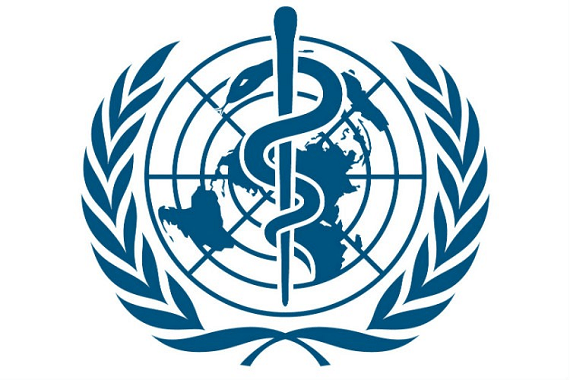The World Health Organisation (WHO) has recently declared its plan to test a mosquito disinfection technique, on the species responsible for the spread of diseases such as Zika, dengue, and chikungunya.
The Sterile Insect Technique, a form of “birth control” for mosquitoes and other deadly insects, has been used to tackle invasive pests in the past.
This process involves irradiating male Aedes mosquitoes, in dedicated facilities, and then releasing them to mate with females in the wild. This was first developed by the United States Department of Agriculture and has been used successfully to target insects that attack crops and livestock, especially the Mediterranean fruit fly and the New World screwworm fly. It is now being used across the world to boost agriculture.
According to reports, dengue fever has become a major health threat with 110 countries around the world suffering outbreaks this year. WHO believes that as many as five million cases may be reported by the end of 2019 – up from an average of three million in previous years.

The UN health agency said it had recently observed that the technique could prove successful in controlling some species of mosquito from spreading diseases amongst humans.
“The process involves rearing large quantities of sterilised male mosquitoes in dedicated facilities, and then releasing them to mate with females in the wild. As they do not produce any offspring, the insect population declines over time” WHO said.
The International Atomic Energy Agency (IAEA) and the Food and Agriculture Organisation (FAO) have partnered with WHO to develop a pilot programme for countries interested in using the technique to test the impact on disease transmission.
Malaria, dengue, Zika, chikungunya and other related fevers account for about 17 per cent of all infectious diseases globally, WHO said, claiming more than 700,000 lives yearly with far greater number suffering infections.
WHO said it has become necessary to find a lasting solution to reducing or eradicating mosquitoes as disease vendors as half of the world population is at risk of dengue. “Half the world’s population is now at risk of dengue,” Soumya Swaminathan, WHO chief scientist, said during the announcement. “And despite our best efforts, current efforts to control it are falling short.” “We desperately need new approaches and this initiative is both promising and exciting,” the official added.
Raman Velayudhan, coordinator of WHO’s department of neglected tropical diseases, said there was a desperate need for new tools to control the Aedes mosquito which lives in urban areas, bites during the day and whose eggs are able to survive for long periods.
WHO also stressed that the technique will not harm the wider eco-system. There are more than 3,500 different types of mosquito that serve as food for animals so removing one species will have little impact.
The IAEA is looking at refining the technique for malaria-carrying mosquitoes, although Dr Velayudhan said there were already control tools for this mosquito, such as bed nets and indoor residual spraying.
Florence Fouque, a tropical disease expert at WHO, said the technique could have a “really significant” impact on dengue.
“We have to demonstrate that this technology has an impact not only on the density of mosquitoes but on the number of cases of the disease: declining, reducing and eventually eradicating a disease in a country,” she said.
Dr Velayudhan added WHO hopes to reduce the mosquito population in trial areas by a quarter by 2025 and 2030.
Dr Soumya Swaminathan, WHO chief scientist, added: “Despite our best efforts, current efforts to control [dengue] are falling short. We desperately need new approaches and this initiative is both promising and exciting.”













